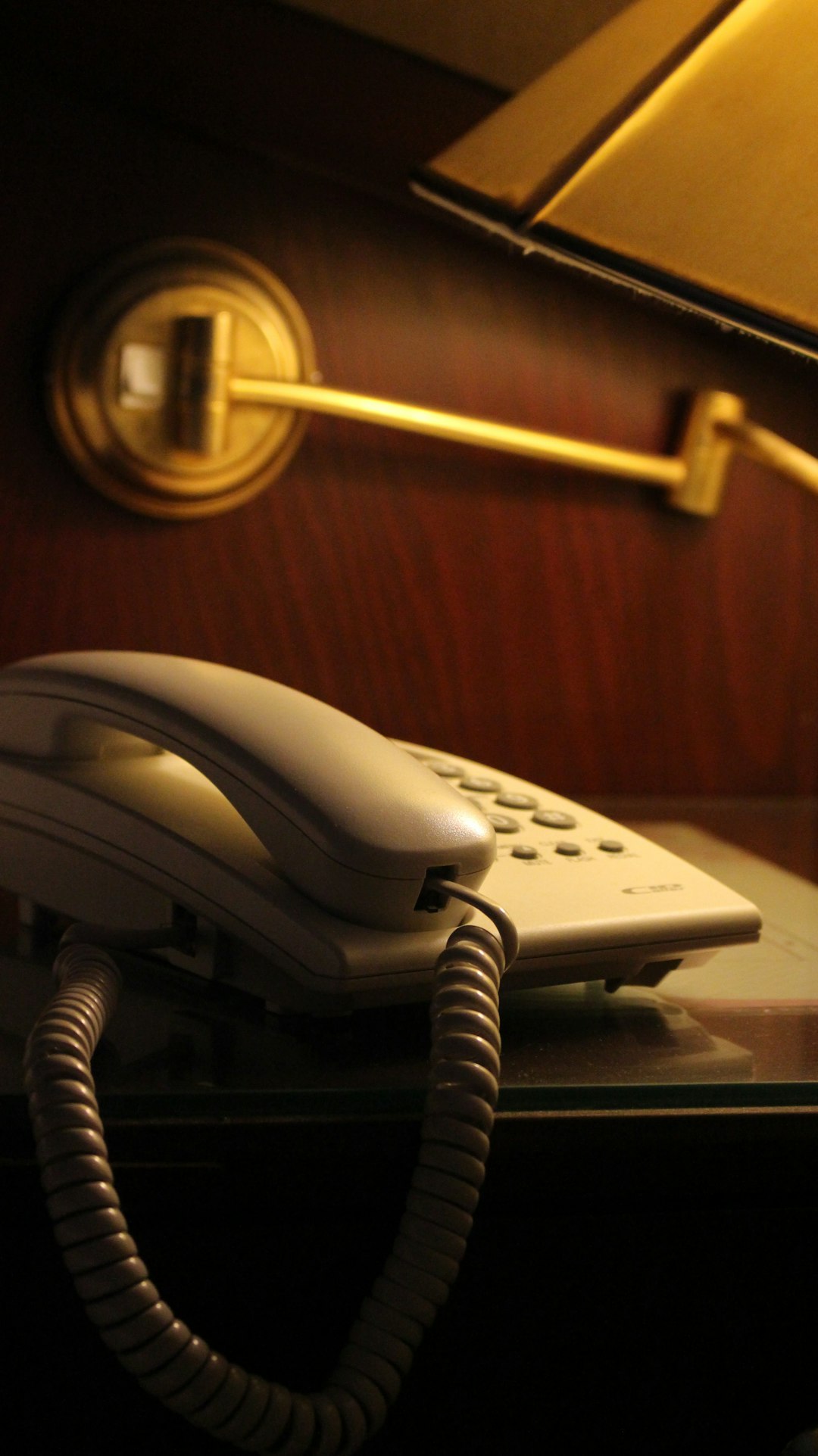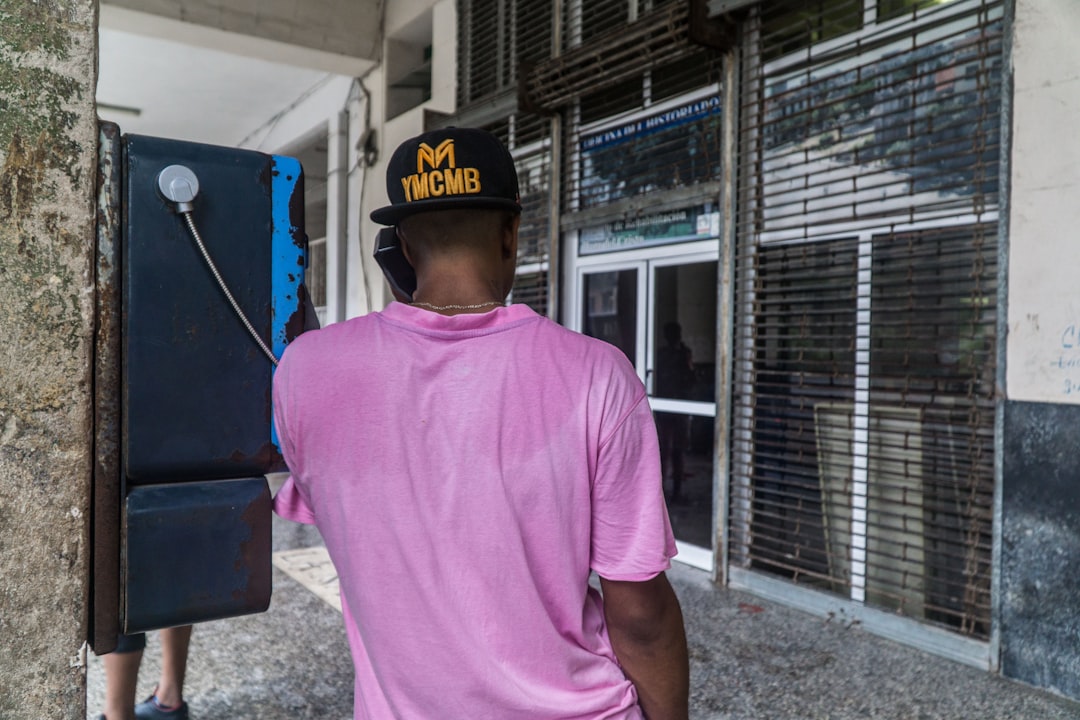Virginia's strict "Do Not Call" laws protect residents from aggressive debt collector tactics by collection agencies and law firms. Registering on the state's DNCL prevents unsolicited calls related to debts or legal matters, offering a privacy break. Violators face fines and lawsuits for ignoring these regulations, which specifically target communication methods used by law firms specializing in debt collection. Consumers can safeguard their rights by documenting interactions and using the DNCL to curb unwanted contact from collectors and attorneys.
In Virginia, debt collectors face stringent regulations on their communication methods under the state’s Do Not Call List rules. This article explores the nuances of these restrictions, including who they apply to and the affected communication channels, such as phone calls, emails, and text messages. We’ll also delve into the consequences of violating these laws and provide guidance for firms on how to comply while protecting consumer rights, with a focus on Virginia’s specific Do Not Call Law.
Understanding Virginia's Do Not Call List Regulations

In Virginia, consumers have the right to protect themselves from relentless debt collector calls with the help of the state’s Do Not Call List (DNCL) regulations. These rules are designed to give individuals a break from unwanted communication from collection agencies and law firms alike. By registering their phone numbers on the DNCL, Virginians can stop receiving unsolicited calls related to debts or legal matters. The list is a powerful tool for consumers asserting their privacy rights.
The Do Not Call List in Virginia is managed by the Attorney General’s office, which ensures compliance with the state’s do not call law. This law prohibits debt collectors and law firms from making phone calls to individuals who have registered their numbers on the DNCL. Anyone who violates these restrictions can face legal consequences, including fines. Thus, it’s crucial for collection agencies and law offices to respect the privacy of Virginia residents by adhering to these regulations.
Who is Covered by These Restrictions?

In Virginia, restrictions on debt collector communication methods are designed to protect consumers from aggressive or harassing tactics. These rules apply to a wide range of entities, including collection agencies, law firms specializing in debt collection, and even individual debt collectors acting on behalf of creditors. The primary focus is on ensuring that consumers are treated fairly and with respect during the debt recovery process.
Specifically, the “Do Not Call” laws target debt collectors who attempt to contact consumers by phone, including law firms that engage in such practices. Virginia residents have the right to request that their phone numbers be added to a “do not call” list, restricting direct telephone communication from debt collectors. This measure aims to curb unwanted and potentially abusive calls, providing consumers with greater control over their privacy and peace of mind.
Communication Methods Affected: Phone Calls and More

In Virginia, debt collectors are subject to strict regulations regarding their communication methods, primarily aimed at protecting consumers from aggressive and harassing tactics. One of the most significant restrictions is the Do Not Call law targeting law firms. This law prohibits debt collection agencies and attorneys from making phone calls to consumers who have registered on the state’s Do Not Call list, particularly when collecting debts related to consumer transactions.
The restriction extends beyond phone calls. Virginia also regulates other communication methods, such as text messages and emails, used by debt collectors. Consumers can expect less intrusive and more respectful interactions as these practices aim to foster a fairer and more transparent debt collection environment. This ensures that individuals facing financial challenges are not further burdened by relentless communication attempts from collectors.
Consequences of Violating the Rules

Violating the restrictions on debt collector communication methods in Virginia can have severe consequences for collectors and their agencies. If a debt collector or law firm fails to adhere to the established guidelines, such as the “Do Not Call” lists and specific communication protocols, they may face legal repercussions. Fines, lawsuits, and damage to their reputation are potential outcomes. The Virginia regulations aim to protect consumers from aggressive or unwanted communication, ensuring debt collectors maintain a level of professionalism and respect for individual rights.
When a collector disregards these rules, it can lead to consumer complaints and investigations by regulatory bodies. To avoid such pitfalls, debt collection agencies must thoroughly understand and implement the restrictions, including refraining from calling law firms directly without proper authorization and respecting consumers’ preferences regarding communication methods. Adhering to these guidelines is essential for maintaining ethical practices in the industry.
How to Comply and Protect Consumer Rights

Debt collectors in Virginia must adhere to strict guidelines regarding communication methods, with a primary focus on protecting consumer rights and ensuring fair practices. One key regulation is the restriction on calling law firms or attorneys directly, particularly for non-legal debt collection activities. This measure is designed to prevent potential harassment and ensure that consumers are not pressured into unwanted legal actions.
To comply, debt collectors should utilize alternative communication channels such as regular mail, email, or online platforms authorized by the consumer. Respecting a consumer’s preferences and privacy is paramount. Consumers can also take proactive steps to protect their rights by reviewing and understanding their state’s debt collection laws, documenting all communications, and maintaining detailed records of interactions with debt collectors.






